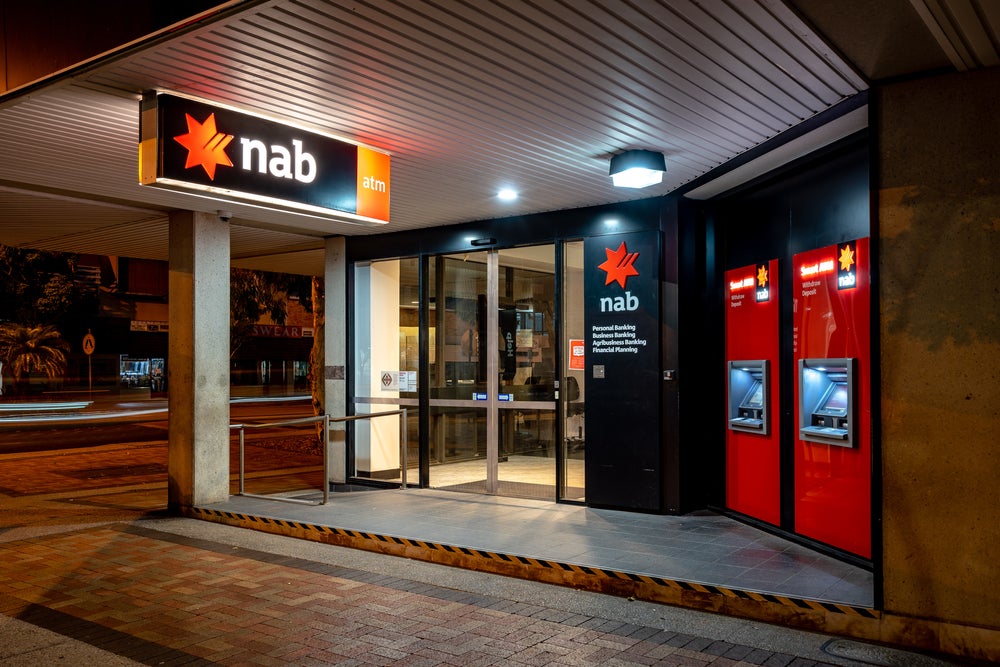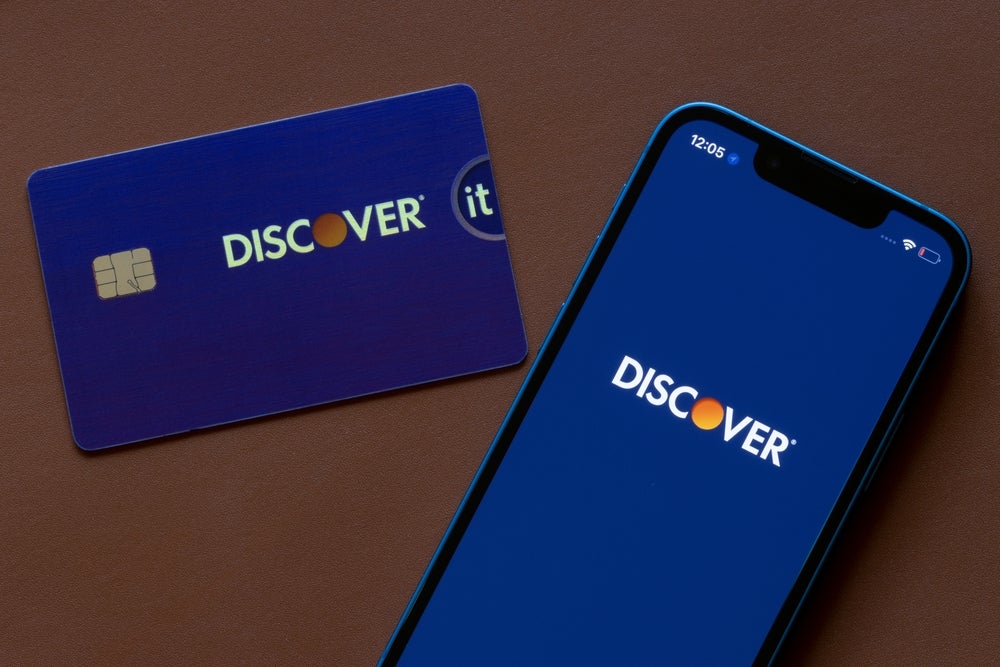Travelex, though its partnership
with mobile payments specialist Monitise, has added an SMS service
to its prepaid currency card, Travelex Cash Passport, in the
UK.
The new service – the partners’
first launch since a tie-up between the two in November 2009 – will
alert UK cardholders when foreign currency loaded on their card
falls below £100 ($144).
Travelex, a non-bank foreign
exchange specialist, is adding the SMS function to customers who
open new Cash Passport accounts from May. It has issued around
400,000 of the prepaid cards in the UK to date and 1.75m
globally.
Mark Horgan, managing director of
card and mobile payments at Travelex, told CI the
initiative is the first of a number of mobile related services
Travelex plans to introduce.
New services currently being looked
at include topping up the Cash Passport product by text message,
balance enquiries and adding free downloadable applications for
smart phones. Horgan also wants cardholders to be able to customise
the threshold at which the alerts kick in, which is currently fixed
at £100.
Travelex is looking to add these
services over the next 18 months. He would not comment on other
countries the foreign exchange company would look to operate the
service, citing competition and regulatory concerns.
How well do you really know your competitors?
Access the most comprehensive Company Profiles on the market, powered by GlobalData. Save hours of research. Gain competitive edge.

Thank you!
Your download email will arrive shortly
Not ready to buy yet? Download a free sample
We are confident about the unique quality of our Company Profiles. However, we want you to make the most beneficial decision for your business, so we offer a free sample that you can download by submitting the below form
By GlobalDataThe text service, initiated in the
UK, can operate in 121 countries. But he said it was harder when
attempting to initiate the texts from other countries.
“The UK is at the forefront of
mobile banking and payments in this respect, and we will look at
opportunities in other countries as and when they arrive,” Horgan
told CI.
Horgan, brought in from UK telecoms
business 118 six months ago to spearhead Travelex’s mobile
proposition, admitted it was “about time” the business had added
SMS capabilities to its product. He said it was a vital means of
engaging with customers.
“When mobile operators brought in
low balance alerts they saw an increase in top-ups,” Horgan
said.
“It is unproven currently in this
market, but where we are is that consumers are in the 21st century
and they communicate regularly by text. Our customers in particular
are abroad when using the card and not every one has a PC or
internet access when they are on their travels. Mainly they have a
phone and that is the preferred modus operandi for them – via
SMS.
Prepaid card issuers have typically
shied away from offering add-on services because of concerns they
eat into margins, but David Parker, CEO of prepaid consultancy
Polymath, said he expected to see more businesses follow Travelex’s
lead.
“Currency cards are a key area, in
part because they offer revenue from both increased interchange and
FX that makes these types of products far more viable,” he
said.
“Mobile on these products will
become almost a hygiene factor to enable both SMS loading when you
are abroad, balance checking and even for security SMS messages
sent out to you as the card is used.”
Horgan added the product would help
customers avoid running out of foreign currency when abroad. The
service will prompt cardholders to load funds by calling the
business’s 24-hour, seven days a week call centre or logging on to
its internet service, helping customers avoid overseas ATM
fees.
Parker said there were still
challenges facing currency-based prepaid cards, notably that the
cards need to be “sold” rather than seen as services.
“By that I mean that although they
are growing, consumers often still need to have the product
explained/sold to them as opposed to the majority of customers
automatically requesting one when they book/plan their holiday,” he
said.
“We are also yet to see if the once a year holiday maker can be
encouraged to keep their card and use it again from one year to the
next.”







